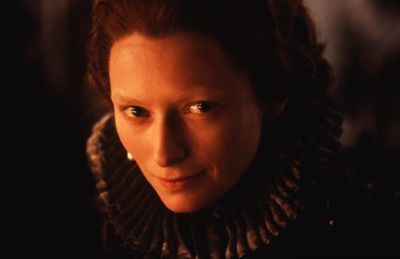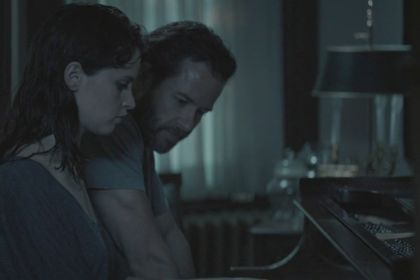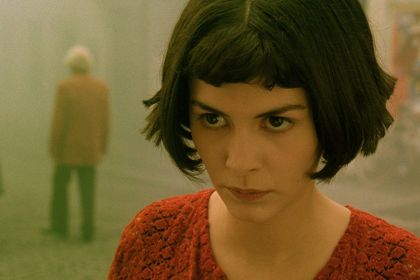FILM
Orlando's director sang the score's leitmotifs

Tilda Swinton
Sally Potter’s film Orlando follows the life of an eponymous, time traveling, androgynous nobleman who transforms from a man to a woman over the course of the narrative that encompasses centuries.
This lavish 1992 adaptation of Virginia Woolf’s novel stars a young Tilda Swinton who could not be more fitting for the part.
In addition to writing and directing Orlando, Potter, a trained musician and improviser, also took on the task of composing the score. Working with composer and arranger David Motion, Potter sang to him various melodies and motifs that came to her, all of which he wrote down to later transform into the full arrangement of lush and layered vocalizations. The pair then arranged Potter’s instrumental compositions for a small ensemble comprised of strings, trumpet, woodwinds, guitar, and keyboard.
The score reflects the distinct moods of Orlando’s internal world throughout the narrative, but some pieces also serve to highlight the time periods in which Orlando exists, marking certain trends in music of each era. The score includes classical pieces such as Edward Johnson's ballad Eliza is the Fairest Queen and George Handel’s aria Where’er You Walk. When Orlando reaches the 1990s, the score takes its influence from electronic dance music played by pop singer Jimmy Somerville.
Here is The Maze tune:



